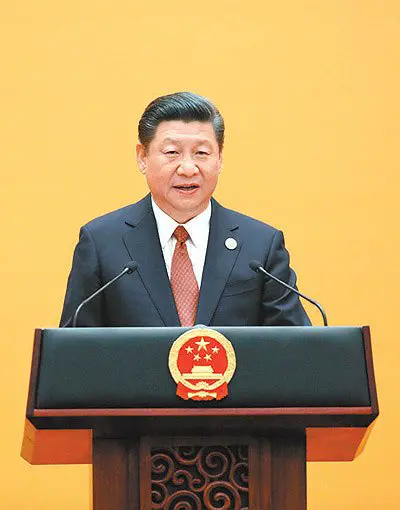Bank of Cyprus Board said that it will discuss "in due time" issues arising from Hourican's resignation, including appointing a successor, after its CEO John Hourican declared resignation on Tuesday.
Bank of Cyprus CEO John Hourican, an Irish banker who was called in to help the lender rise up from its ruins in 2013 resigned, the bank said in a statement.
It said that Hourican will leave after the end of his notice in late summer 2015, "and on departure he will have spent nearly two years in Cyprus and led the Bank during an extraordinary difficult chapter in its history."
Hourican was appointed Bank of Cyprus CEO shortly after it was directed by Cyprus's international lenders to impair uninsured deposits over 100,000 euros by 47.5 percent to recapitalize in March 2013.
The world's first bail-in as it has since become known, was part of a resolution of the Cypriot banking system, and involved the winding down of Laiki Bank, the eastern Mediterranean island's second largest lender and its folding into Bank of Cyprus.
Cyprus itself received a 10-billion-euro bailout by the Eurogroup and the International Monetary Fund after a prolonged crisis.
Bank of Cyprus Board Chairman, Joseph Ackermann, paid tribute to Hourican, saying the lender made considerable progress under his leadership and is now "in a steadily improving financial shape. ..with restored investor and customer confidence."
Bank sources said the Board tried to convince Hourican to stay in his post but he insisted on leaving so as to spend more time with his family.
The Board said that it will discuss "in due time" issues arising from Hourican's resignation, including appointing a successor.
It said he leaves behind a strong management team which will continue materializing the strategy of the Group under the guidance of the Board.
Bank of Cyprus was recapitalized last year, drawing funds from American billionaire Wilbur Ross and the European Bank of Reconstruction and Development. It passed stress tests conducted EU-wise by the European Central Bank in late-2014.
 简体中文
简体中文

